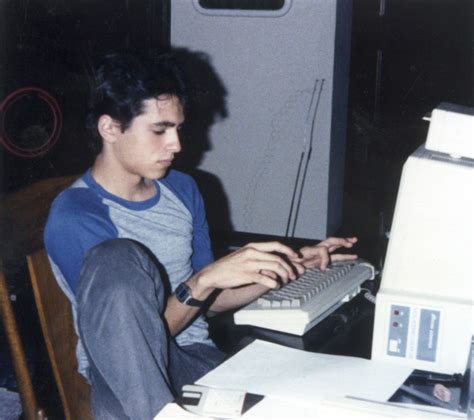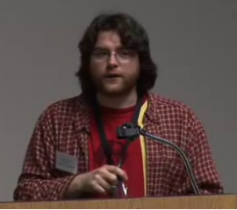A Quote by Barton Gellman
For personal use, I recommend the free and open-source Truecrypt, which comes in flavors for Windows, Mac and Linux.
Related Quotes
If an open source product gets good enough, we'll simply take it. So the great thing about open source is nobody owns it - a company like Oracle is free to take it for nothing, include it in our products and charge for support, and that's what we'll do. So it is not disruptive at all - you have to find places to add value. Once open source gets good enough, competing with it would be insane. We don't have to fight open source, we have to exploit open source.
I use Mac. Not because it's more secure than everything else - because it is actually less secure than Windows - but I use it because it is still under the radar. People who write malicious code want the greatest return on their investment, so they target Windows systems. I still work with Windows in virtual machines.
The Library is an open sanctuary. It is devoted to individual intellectual inquiry and contemplation. Its function is to provide free access to ideas and information. It is a haven of privacy, a source of both cultural and intellectual sustenance for the individual reader. Since it is thus committed to free and open inquiry on a personal basis, the Library must remain open, with access to it always guaranteed.





























